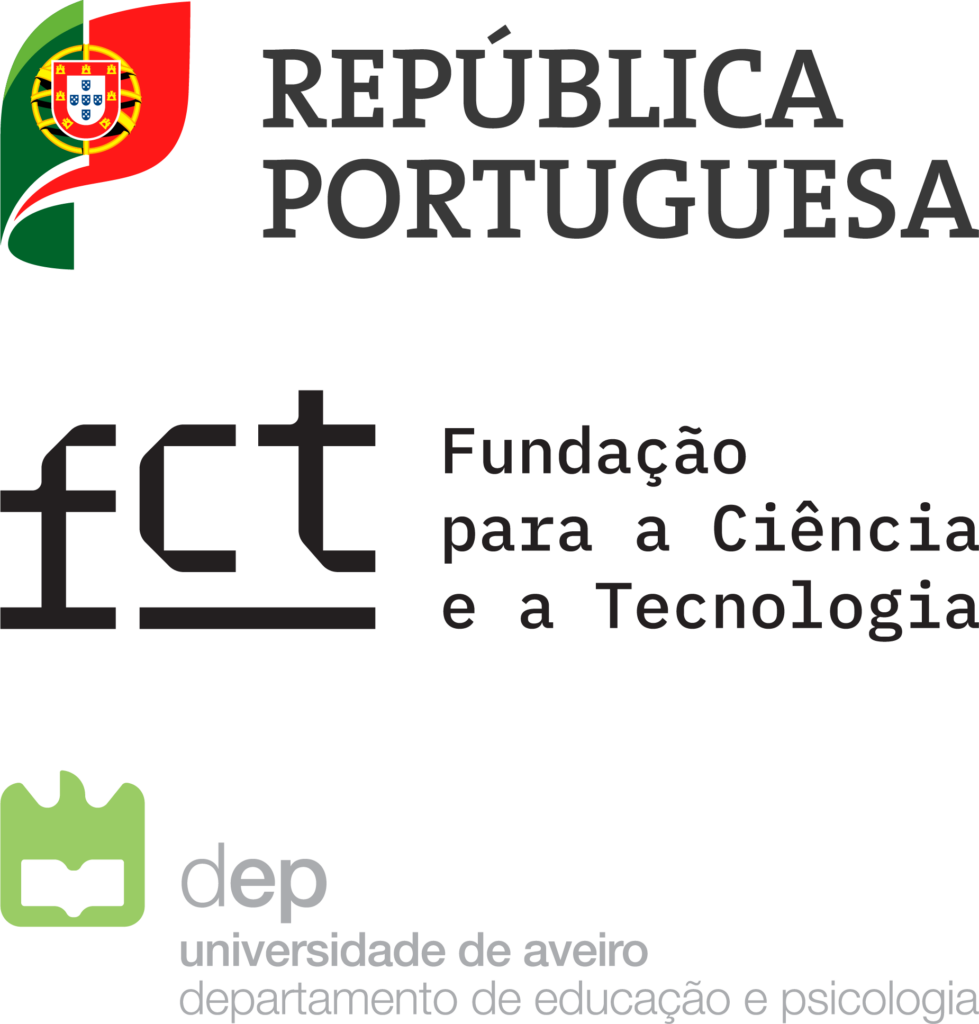5 abril, 2024 | 14h00 | Evento híbrido
O Laboratório de Educação em Línguas (LabELing) do CIDTFF organiza um seminário de discussão científica sobre o projeto CULT – Constructing a Collaborative Understanding of Learning and Teaching for the XXI Century (PID2020-115446RJ-I00), dinamizado pela investigadora Denise Holguín.
Intitulado “Collaborative and Participatory Strategies for Inclusive Language Education: Insights from CULT project”, está agendado para sexta-feira, dia 5 de abril de 2024, pelas 14 horas, em formato híbrido.
Os interessados deverão fazer as suas inscrições, por email, para andreaulhoa@ua.pt.
Sobre a investigadora:
Denise Holguín é investigadora pós-doutorada na Universidade Autónoma de Barcelona, no Grupo de Investigação em Educação, Interação e Plurilinguismo (GREIP). As suas principais linhas de ensino e pesquisa abordam a perspetiva intercultural no ensino de línguas, a educação linguística não formal para adultos e a formação de professores em contextos de migração e superdiversidade.
Resumo:
Given the need to tackle educational challenges in migratory contexts to foster social sustainability and linguistic inclusion of adults, the CULT project (Constructing a Collaborative Understanding of Learning and Teaching for the XXI Century) advocates for alliances and joint actions among diferente sectors to promote an adequate pedagogical practice adjusted to the needs and resources of society. It adopts collaborative and participatory methodologies in which participants (teaching and research staff, pre-service teachers, and language facilitators) engage in joint reflective observation and problematization of local educational realities. By integrating challenge-based education and Design Thinking, the project facilitates a dialogical exploration of pedagogical challenges related to diversity management in language classrooms, enabling the co-design and implementation of responsive pedagogical solutions. This presentation aims to share preliminary results, illustrating how collaborative and participatory engagement fosters a nuanced understanding of educational realities, emphasizing the significance of diverse voices and experiences in shaping inclusive and culturally sensitive language education practices. By empowering educators as active agents of change, this approach to teacher education and research aligns with the principles of social sustainability and promotes continuous improvement in educational quality, rooted in principles of diversity, equity, and inclusion.





